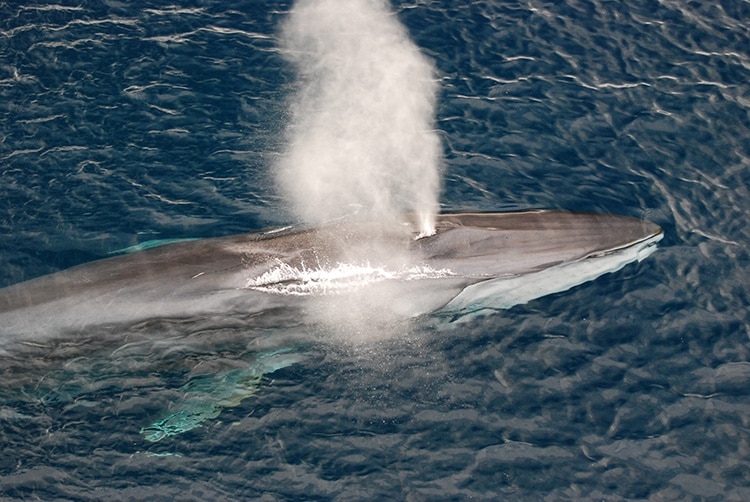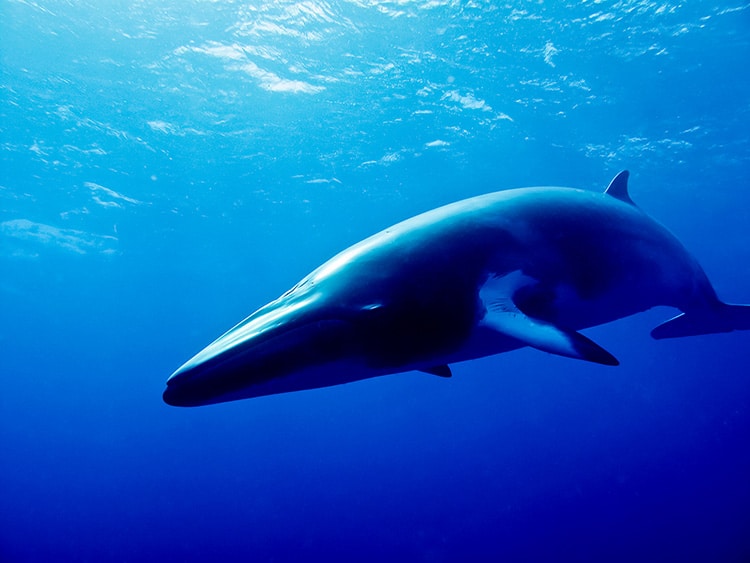(Photo: JG1153/Depositphotos)
Whaling is an ancient practice.
Indigenous peoples have long hunted the giant marine mammals for food, blubber, and other resources.
However, commercialwhalingefforts to harvest blubber and baleen began in the 17th century and continued through the mid-20th century.

A Fin whale. (Photo: JG1153/Depositphotos)
By that time, wasteful over-hunting had pushed many species of whale close to extinction.
In 1986, the IWC issued a moratorium on whale hunting.
Iceland objected at the time, and resumed licensing commercial whale hunting in 2003.

A Minke whale. (Photo: MOJOJOJO/Depositphotos)
However, in recent years, the demand for licensing has declined and licensees have abandoned their pursuit.
However, only one whalea minke whalehas been killed in the last three years.
Two major licensees have abandoned the hunt as well.
Hunting rights will terminate in 2023 and will not be renewed.
Ships also have to go further out to sea to get their catch given the expansion of protected waters.
These are thought to have influenced the decline in demand for whale meat.
Whales are not the only marine species to receive increased protection of late.
Hawaii recently became the first state toban shark fishingin their state waters.